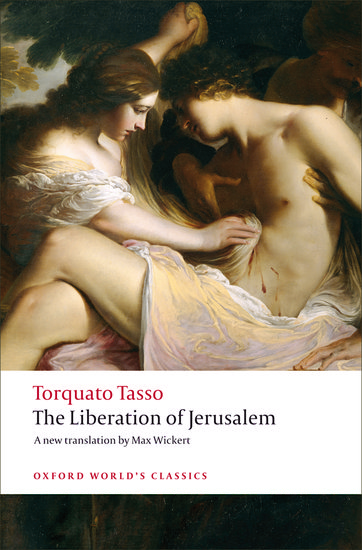Émile Zola and the Rougon-Macquart
Listen to, and read a transcript of an interview from Nicola Barringer with Valerie Minogue, translator of Money by Émile Zola, part of the Rougon-Macquart cycle. In the interview, she introduces the Rougon-Macquart, Zola’s epic cycle of twenty novels.










